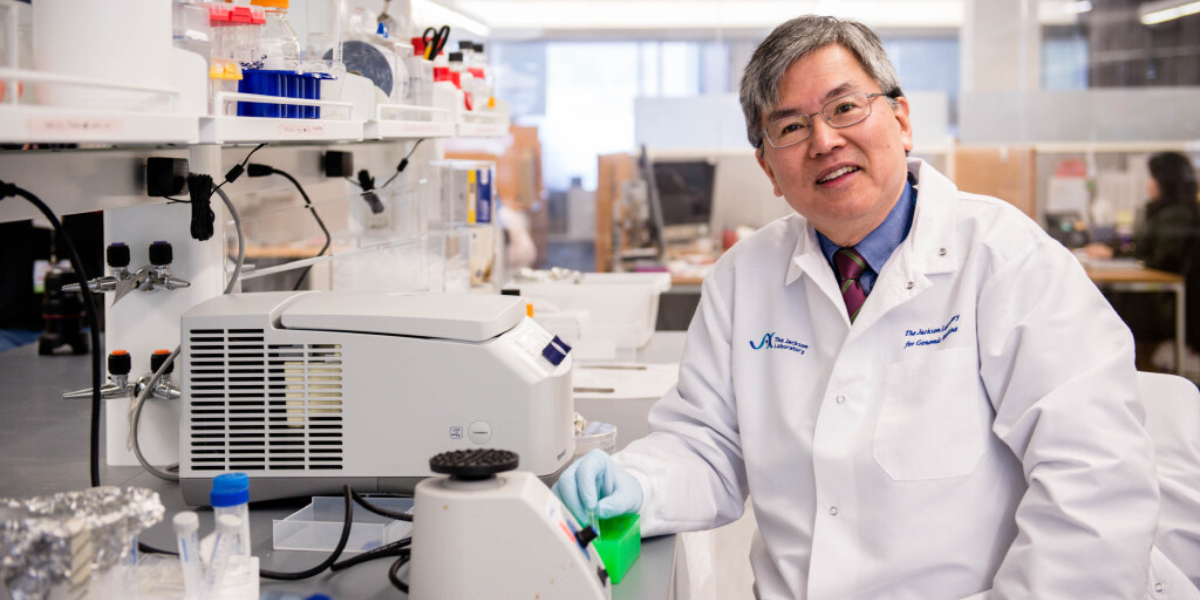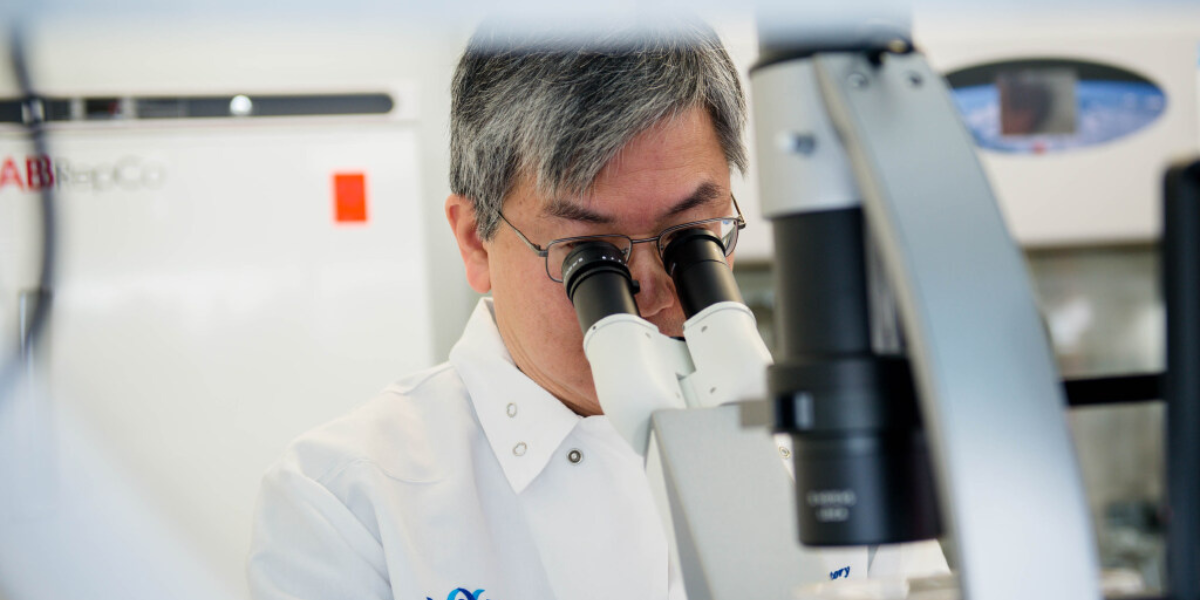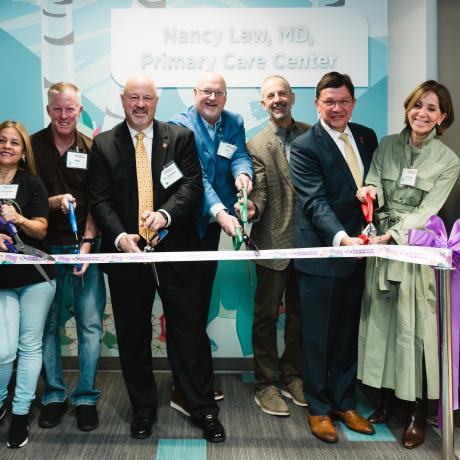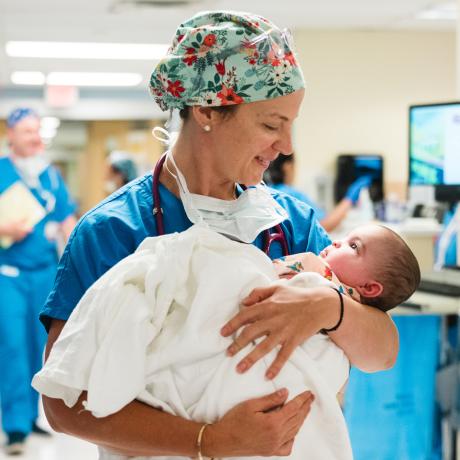Medulloblastoma is the most common brain tumor found in children. This aggressive cancer begins in the cerebellum—the part of the brain at the lower back of the skull that controls movement and coordination—and it can spread quickly. In 2024, a promising new clinical trial opened to patient enrollment and is offering fresh hope to children diagnosed with medulloblastoma.
This innovative trial, developed right here at Connecticut Children’s, is the result of years of research by Ching Lau, MD, PhD, Scientific Director of Connecticut Children’s Center for Cancer & Blood Disorders and the Martin J. Gavin Chair of Hematology and Oncology. The clinical trial is now underway at 34 institutions across the United States, marking a significant step forward in pediatric brain cancer treatment.

Uncovering a new use for an old drug
At the center of this clinical trial is a drug called digoxin—a medication traditionally used to treat heart conditions. Derived from foxglove, a plant known for its tall, showy flowers—digoxin was approved decades ago by the Drug Enforcement Administration (DEA) as a treatment for various heart conditions. In fact, the foxglove plant has been used for centuries as a heart treatment. Thanks to Dr. Lau’s groundbreaking work, it’s now being tested as a potential treatment for medulloblastoma.
Dr. Lau discovered digoxin’s potential to treat brain tumors in children through an ambitious screening program. In 2018, he identified the genetic targets in medulloblastoma tumors and, using a partnership with IBM’s Smash Childhood Cancer network of thousands of linked computers, began screening millions of existing drugs to see if any of them had the chemical makeup that might make them effective against those targets.

Digoxin stood out.
After this encouraging lead, Dr. Lau got to work. In his lab, he tested digoxin’s effectiveness against tumor cells. It performed well, so he moved onto the next step: testing the drug in mice that had been implanted with human tumor tissue. Again, the results were promising. Mice treated with digoxin lived longer than those who weren’t.
This strong foundation of lab and animal testing paved the way for the human clinical trial that is now underway at 34 institutions across the United States. It marks a significant step forward in pediatric brain cancer treatment and offers new optimism for kids battling medulloblastoma.
As government funding for medical research is under threat, philanthropy is more important than ever to sustaining innovation and medical breakthroughs like these.
Latest Articles

New Primary Care Center at Connecticut Children’s Honors Nancy Law, MD

Ellie’s Story: How Supporting Connecticut Kids Changes Lives
